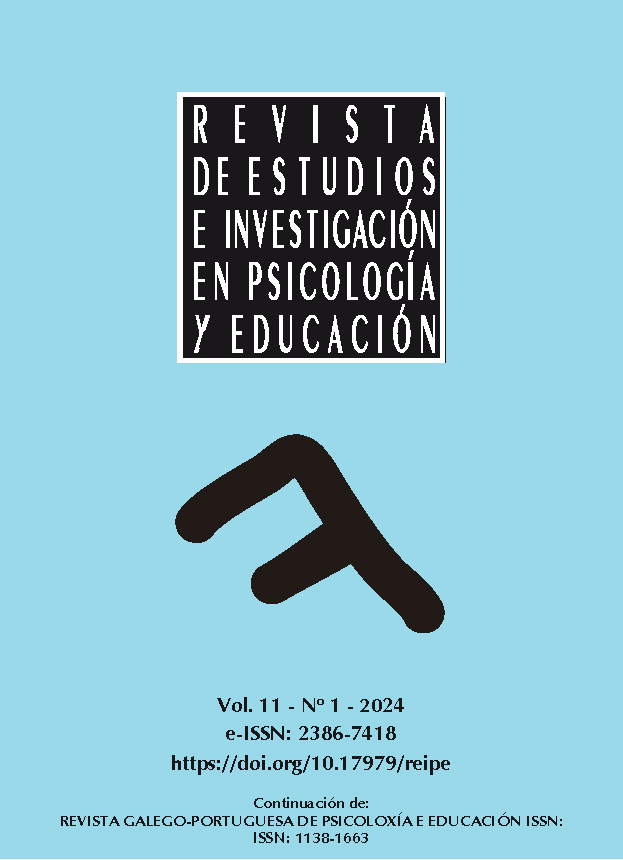Planificación y memoria de trabajo como variables predictoras del rendimiento académico en adolescentes de 12 a 17 años
##plugins.themes.bootstrap3.article.main##
Resumen
El objetivo principal de este trabajo fue analizar el valor predictivo de las funciones ejecutivas en relación con los cambios en el rendimiento académico entre adolescentes de secundaria a partir de la autoevaluación y de la evaluación de los padres. El estudio consistió en una investigación cuantitativa no experimental, descriptivo-correlacional de 265 adolescentes de entre 12 y 17 años. Los y las estudiantes evaluaron sus propias funciones ejecutivas utilizando la Escala de Autorreporte de Funciones Ejecutivas, mientras que sus padres/tutores las evaluaron con la Escala Parental de Funciones Ejecutivas. El estatus socioeconómico se obtuvo mediante la Encuesta de Nivel Socioeconómico, y el rendimiento académico se obtuvo a partir de los boletines de calificaciones. Los resultados mostraron una correlación positiva entre el rendimiento académico y las funciones ejecutivas, percibidas tanto por los adolescentes como por los padres; así como entre el rendimiento académico y el estatus socioeconómico. Además, el rendimiento académico fue significativamente explicado por el estatus socioeconómico y las actividades relacionadas con la memoria de trabajo y la planificación, percibidas tanto por los adolescentes como por los padres. Basándose en estos resultados, el estudio concluye que los adolescentes son capaces de reflexionar sobre la eficacia de sus funciones ejecutivas de forma relevante para su rendimiento académico, y que los cuidadores pueden proporcionar información relevante sobre las funciones ejecutivas de sus hijos. Además, los resultados destacan la importancia del estatus socioeconómico a la hora de examinar la relación entre las funciones ejecutivas y el rendimiento académico.
Descargas
##plugins.themes.bootstrap3.article.details##

Esta obra está bajo una licencia internacional Creative Commons Atribución-CompartirIgual 4.0.
Los trabajos publicados en esta revista están bajo una licencia Creative Commons Reconocimiento-CompartirIgual 4.0 Internacional.
Los/as autores/as son los titulares de los derechos de explotación (copyright) de su trabajo, pero ceden el derecho de la primera publicación a la Revista de Estudios e Investigación en Psicología y Educación, la cual podrá publicar en cualquier lengua y soporte, divulgar y distribuir su contenido total o parcial por todos los medios tecnológicamente disponibles y a través de repositorios.
Se permite y anima a los/as autores/as a difundir los artículos aceptados para su publicación en los sitios web personales o institucionales, antes y después de su publicación, siempre que se indique claramente que el trabajo está en esta revista y se proporcionen los datos bibliográficos completos junto con el acceso al documento, preferiblemente mediante el DOI (en caso de que sea imprescindible utilizar un pdf, debe emplearse la versión final maquetada por la Revista). En el caso de artículos que provengan de estudios o proyectos financiados, esto se hará en los plazos y términos establecidos por la entidad o entidades financiadoras de la investigación publicada.



